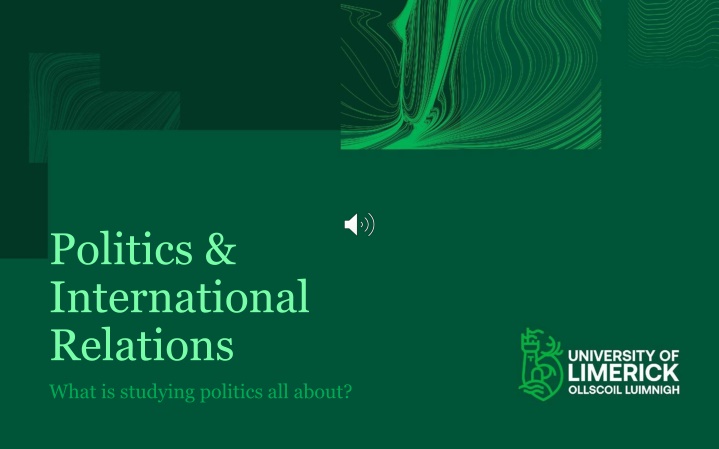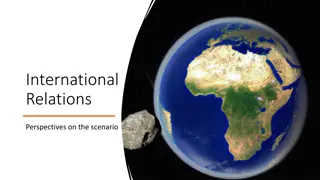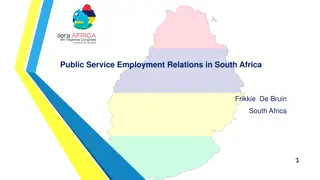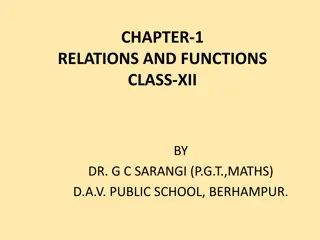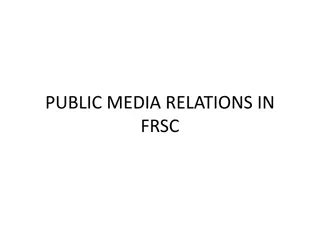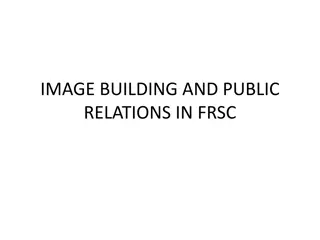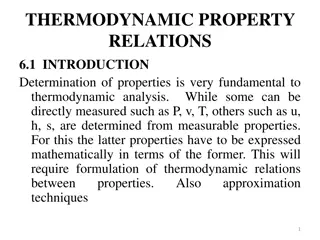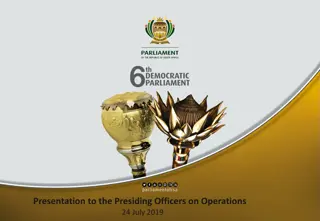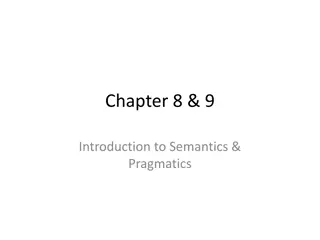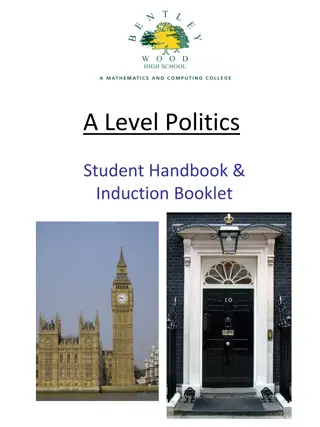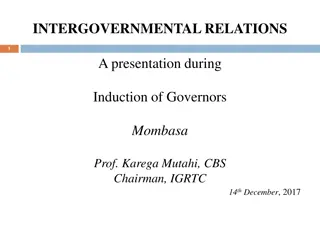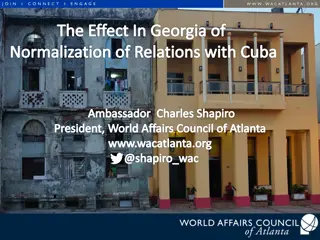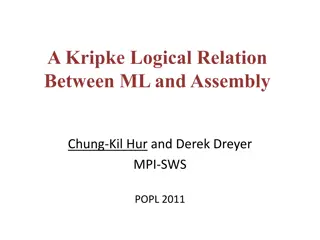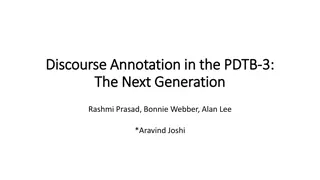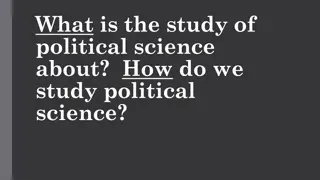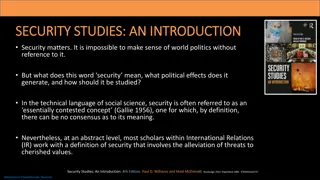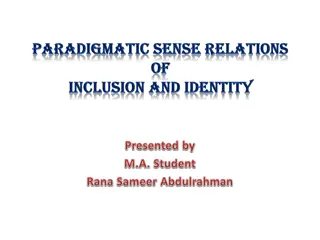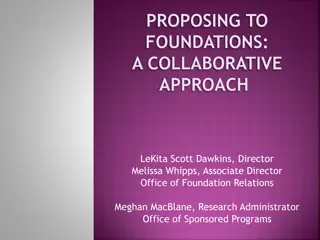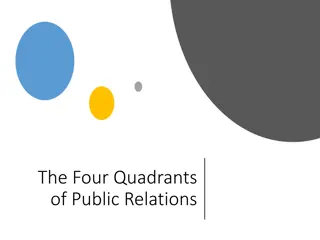Exploring the Essence of Politics & International Relations
Delve into the multifaceted realm of politics which encompasses health, the environment, poverty, justice, war, rights, and more. Investigate how politics influences resource distribution and shapes societal progress, both locally and globally. Explore the evolving landscape of political conflict and the challenges faced in building compromise and unity. Unveil the critical role of politics in addressing national and global issues, guiding wealth management, and determining societal priorities through thoughtful analysis and introspection.
Download Presentation

Please find below an Image/Link to download the presentation.
The content on the website is provided AS IS for your information and personal use only. It may not be sold, licensed, or shared on other websites without obtaining consent from the author.If you encounter any issues during the download, it is possible that the publisher has removed the file from their server.
You are allowed to download the files provided on this website for personal or commercial use, subject to the condition that they are used lawfully. All files are the property of their respective owners.
The content on the website is provided AS IS for your information and personal use only. It may not be sold, licensed, or shared on other websites without obtaining consent from the author.
E N D
Presentation Transcript
Politics & International Relations What is studying politics all about?
There is more to politics than people not listening to each other in set-piece debates and on Sunday lunchtime talk shows.
Politics is about health, the environment, poverty, justice, war, rights, food everything. Political processes decide who gets what, when and how . Politics decides how people and nations keep or share their wealth. Politics is how changes to the distribution of resources happen peacefully or violently, locally, nationally, globally, and about how and why changes don t happen.
Politics is regaining its importance after apathy in the 1990s and early 2000s. Political conflict is growing as hard choices have to be made about how to deal with national and global problems. People are voting more, but how do we build compromise and social unity? Can we? Should we?
The new era of political conflict is based on a divide between people who argue we should look inwards to our own countries and their problems and people who argue that we should look outwards to solve common global problems. Who is right? What problems do we prioritize? What knowledge and values do we use to make choices between the alternatives that are offered to us, to decide out priorities? Why do we have these particular choices offered to us at this moment in human history? What else might be possible?
Why study Politics and International Relations? To seek answers to these complex questions. Because they are important questions in their own right AND Because when we answer complex questions we learn how to weigh and use different types of evidence. Because when we answer complex questions we learn how to build arguments and make our case. In short, when we answer complex questions we learn how to think.
Three strands of studying politics Political theory Philosophical questions concerning how things ought to be. If we don t have clear ideas about how things should be we can t work towards improving the world. What are rights, justice, democracy, freedom, equality? What should they be? Comparative politics International Relations How is power organised globally? Is power moving from states to business in the international system because of globalisation? Why do wars occur? How do countries collaborate to try and solve collective problems? What roles do international organisations such as the UN play? Why do different countries develop different types of political system? What do different political systems deliver to their people? How and why does change occur in different political systems?
How we teach ... how you learn Our main objective is to develop your capacity for critical thinking You will be taught in lectures and tutorials; in big and small groups; by lecturers; by visiting speakers; your peers and yourself! You will not be faced with 100% exams. Assessment combines exams with continuous assessment with the emphasis very much on the latter, especially in year 1.
Careers the options are broad Public service Irish central/local government; EU institutions International organisations/NGOs Private sector Media, multinational firms, business, finance Teaching Politics and Society is now a leaving cert subject
Questions Feel free to contact Professor Neil Robinson neil.robinson@ul.ie
